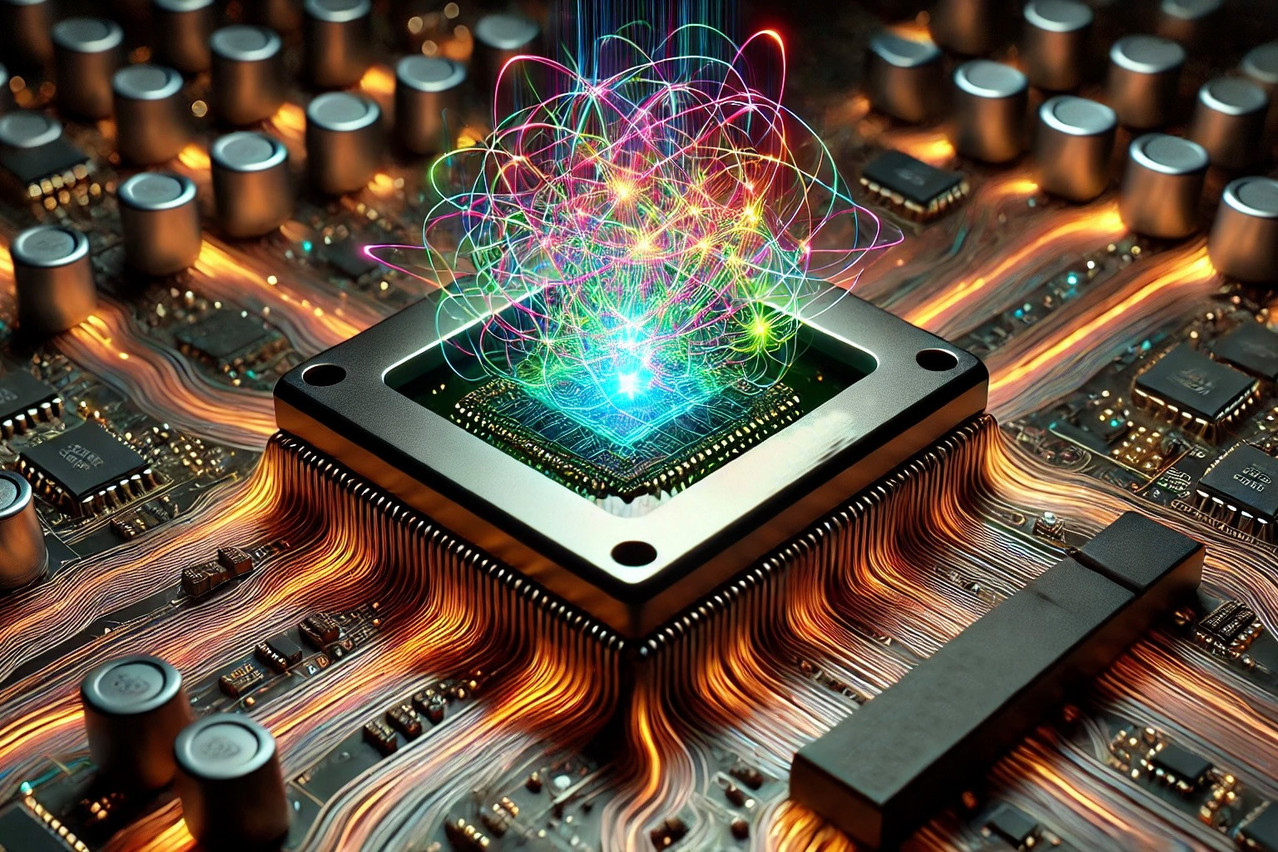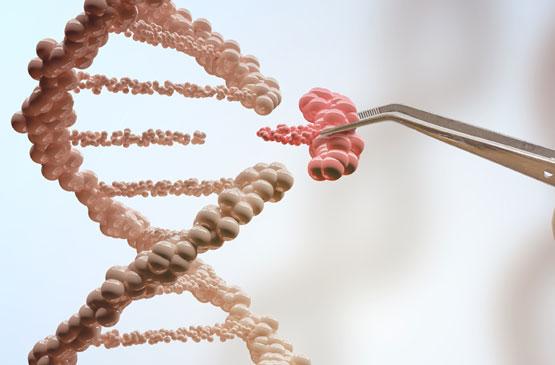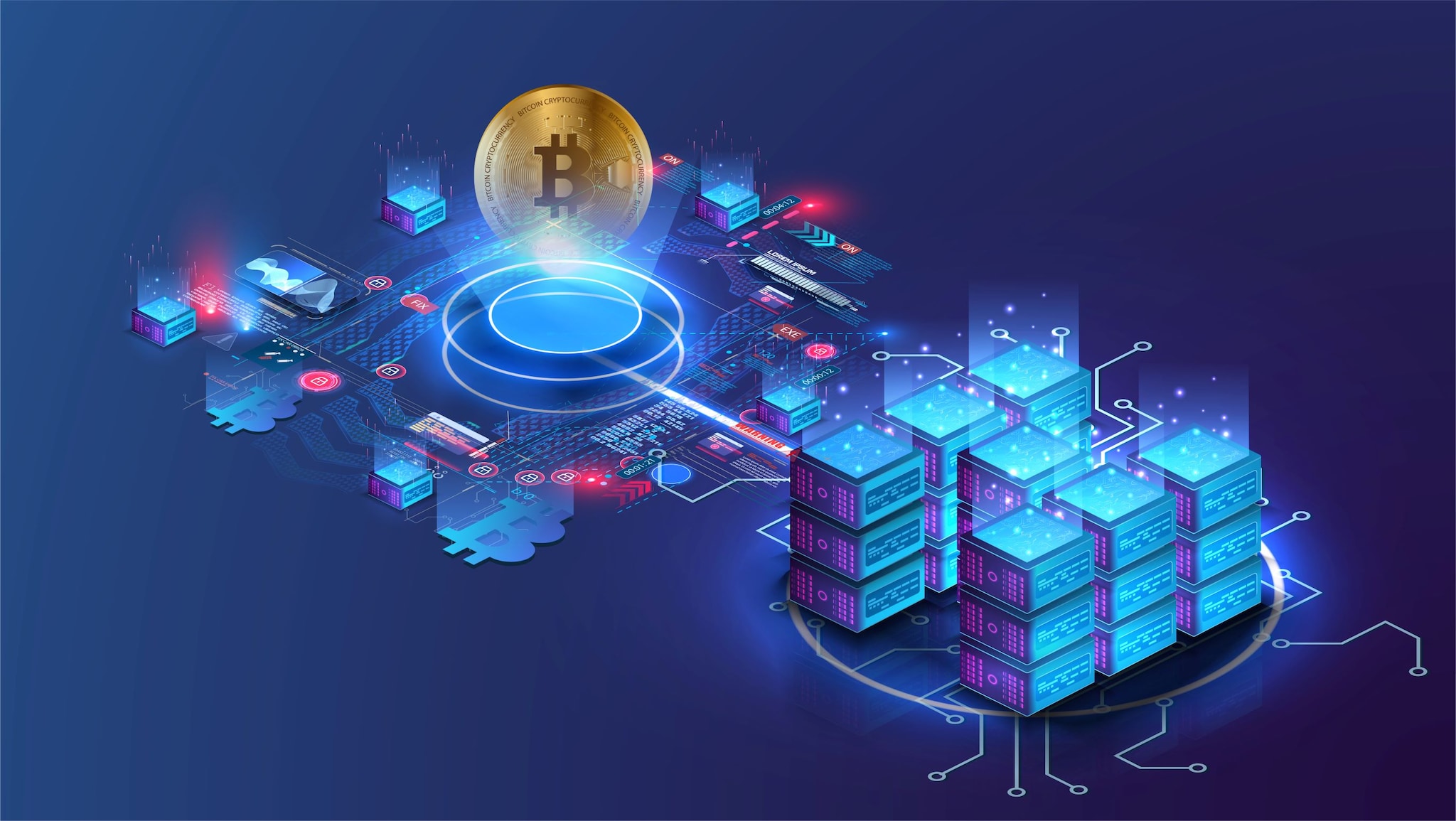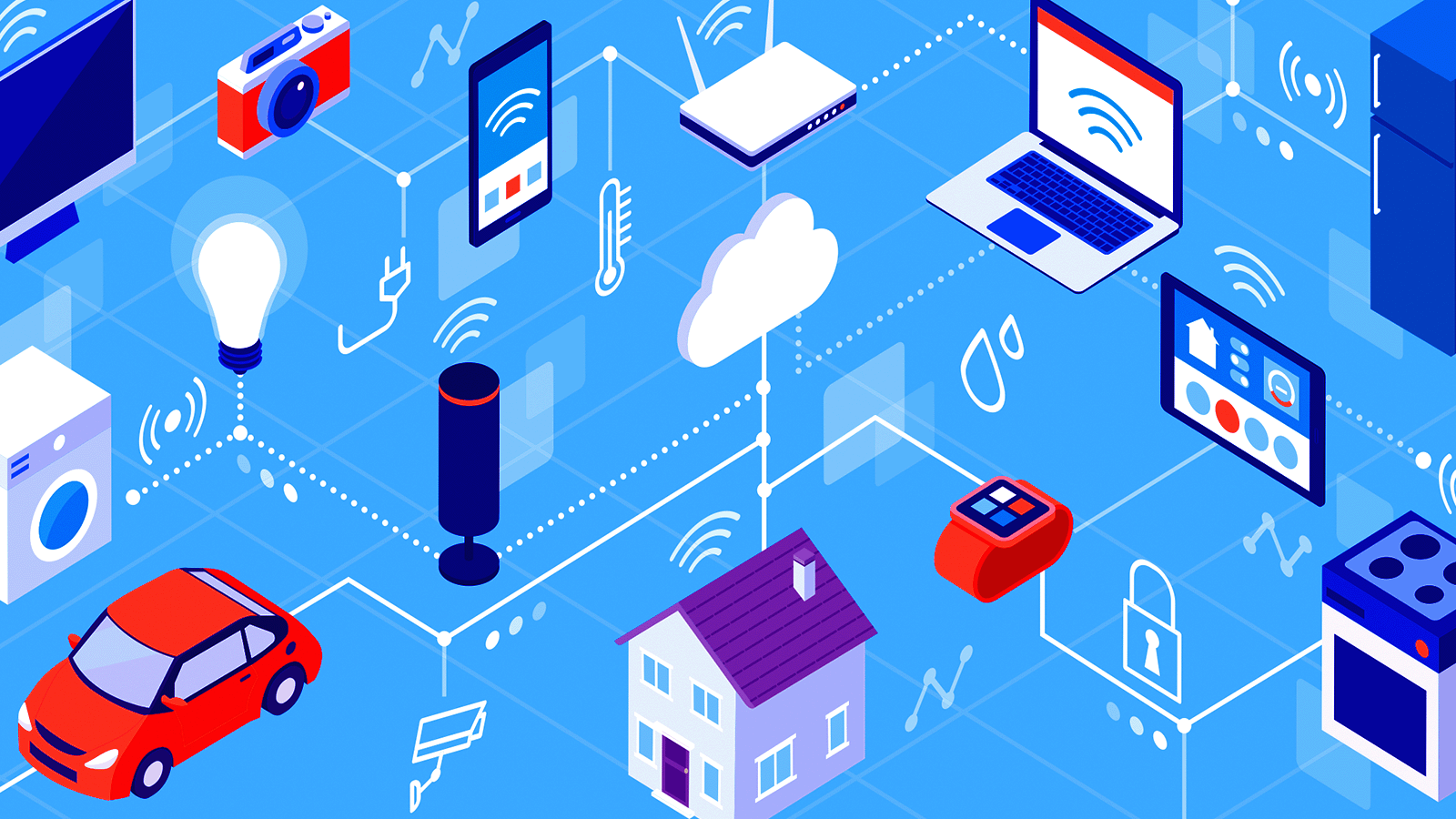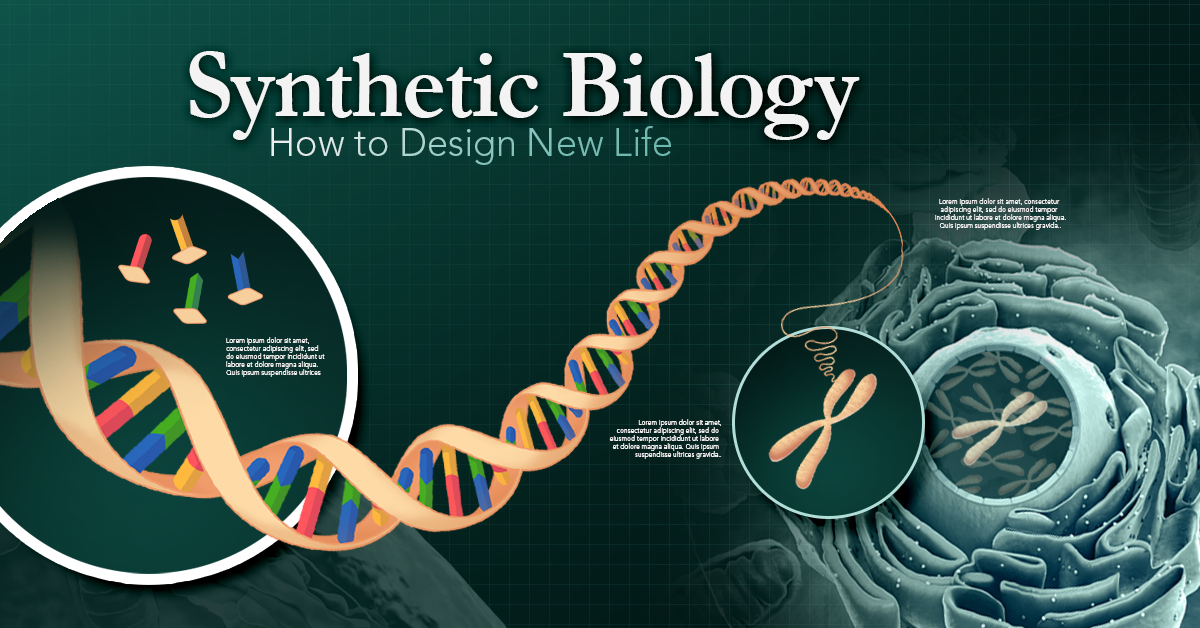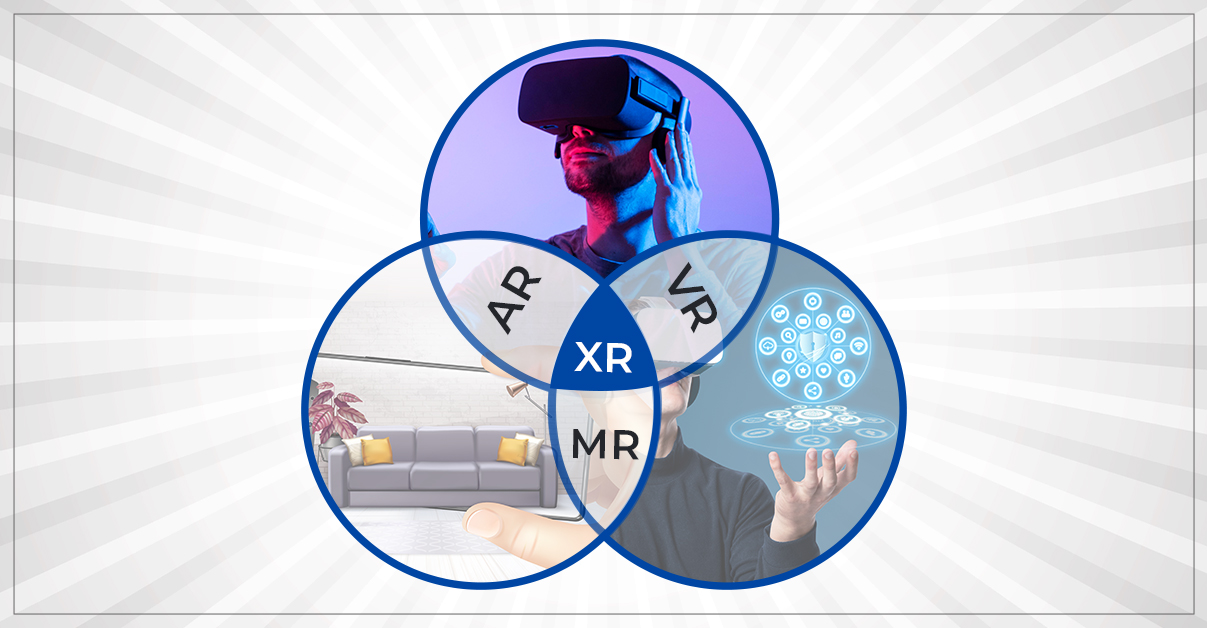The Collision of Emerging Technologies: Where the Future of Tech Ignites
The tech world is buzzing with breakthroughs—AI, quantum computing, biotechnology, blockchain, and more. Each of these fields is transformative on its own, but the real magic happens at their intersections. When emerging technologies collide, they don’t just add up; they multiply, creating exponential possibilities that redefine industries, societies, and even what it means to be human. Let’s explore why these intersections are the epicenter of tech’s most exciting developments and highlight a few collisions that could shape the future.
Why Intersections Matter
Emerging technologies are like tectonic plates: powerful on their own, but when they collide, they create seismic shifts. These intersections amplify strengths, mitigate weaknesses, and unlock use cases that single technologies can’t achieve alone. For example, AI’s data-crunching prowess paired with biotechnology’s precision can accelerate drug discovery. Blockchain’s security combined with IoT’s connectivity can revolutionize supply chains. The synergy comes from complementary capabilities—where one technology’s output is another’s input, creating a feedback loop of innovation.
This isn’t just theoretical. History shows that breakthroughs often emerge at the crossroads. The internet itself was born from the convergence of computing and telecommunications. Smartphones combined computing, wireless communication, and touch interfaces. Today’s emerging technologies are more complex and interconnected, making their collisions even more potent.
Key Intersections to Watch
Let’s dive into some of the most exciting intersections where emerging technologies are colliding—and what they could mean for the future.
1. AI + Quantum Computing: Supercharged Intelligence
Artificial intelligence thrives on processing massive datasets, but current hardware limits its speed and efficiency. Enter quantum computing, which promises to solve complex problems exponentially faster than classical computers. When AI algorithms run on quantum systems, we could see breakthroughs in fields like cryptography, materials science, and climate modeling.
For instance, quantum-enhanced AI could optimize energy grids by predicting demand and supply fluctuations with unprecedented accuracy. It could also crack previously unsolvable problems in chemistry, designing new materials for sustainable energy. Companies like IBM and Google are already exploring this intersection, with quantum AI labs pushing the boundaries of what’s computationally possible.
2. Biotechnology + AI: Redefining Healthcare
AI’s ability to analyze vast datasets is transforming biotechnology, particularly in healthcare. Machine learning models can sift through genomic data to identify disease markers or predict patient outcomes. When paired with CRISPR and other gene-editing tools, AI could enable hyper-personalized medicine, tailoring treatments to an individual’s DNA.
This intersection is already bearing fruit. AI-driven platforms like DeepMind have predicted protein structures with stunning accuracy, a decades-old problem in biology. Meanwhile, biotech startups are using AI to streamline clinical trials, cutting costs and time-to-market for new drugs. The result? A future where diseases like cancer or Alzheimer’s are not just treatable but preventable.
3. Blockchain + IoT: Trust in a Connected World
The Internet of Things (IoT) connects billions of devices, from smart thermostats to autonomous vehicles. But this hyper-connected world faces security and trust issues. Blockchain, with its decentralized and tamper-proof ledger, offers a solution. By integrating blockchain with IoT, we can create secure, transparent networks for everything from supply chains to smart cities.
Imagine a supply chain where IoT sensors track a product’s journey from factory to shelf, and blockchain ensures every step is verifiable. This could eliminate counterfeiting in industries like pharmaceuticals or luxury goods. Projects like IBM’s Food Trust are already using this combo to trace food origins, ensuring safety and sustainability.
4. Augmented Reality (AR) + AI: Immersive Intelligence
AR overlays digital information onto the physical world, but it’s AI that makes those overlays smart. By combining AR with AI, we get context-aware, immersive experiences that adapt in real time. Think of surgeons using AR glasses powered by AI to visualize a patient’s anatomy during surgery, with real-time guidance based on medical data.
This intersection is also transforming education and gaming. AI-driven AR can create personalized learning environments, adapting to a student’s pace and style. In gaming, it could deliver hyper-realistic worlds that respond intelligently to player actions. Companies like Meta and startups like Niantic are betting big on this convergence.
5. Synthetic Biology + Nanotechnology: Engineering Life at the Atomic Level
Synthetic biology redesigns organisms for specific purposes, like producing biofuels or fighting disease. Nanotechnology manipulates matter at the atomic scale. Together, they could create microscopic machines that operate inside living systems. Imagine nanobots programmed to repair damaged cells or deliver drugs with pinpoint accuracy, guided by synthetic biology’s engineered organisms.
This intersection is still in its infancy, but early experiments—like nanobots targeting cancer cells—show promise. The potential is staggering: from curing intractable diseases to creating self-healing materials, this collision could redefine what’s possible at the smallest scales.
Challenges and Opportunities
While these intersections are thrilling, they’re not without hurdles. Combining technologies often means combining complexities—technical, ethical, and regulatory. For example, AI and biotech raise questions about data privacy and genetic ethics. Blockchain and IoT must overcome scalability and energy consumption issues. Interdisciplinary collaboration is also a challenge; experts in AI may not speak the language of quantum physics or synthetic biology.
Yet these challenges are also opportunities. Solving them requires diverse teams, new frameworks, and bold investment. Governments, startups, and tech giants are already pouring resources into these intersections, from DARPA’s biotech programs to Google’s quantum initiatives. The race is on to turn potential into reality.
The Road Ahead
The most exciting things in tech aren’t happening in silos—they’re happening where AI meets quantum, where biotech meets nanotechnology, where blockchain meets IoT. These collisions are sparking innovations that could solve humanity’s biggest challenges, from climate change to disease to economic inequality. They’re also raising profound questions about ethics, equity, and the future of work.
As we stand on the cusp of this new era, one thing is clear: the future belongs to those who can navigate and harness these intersections. Whether you’re a developer, entrepreneur, or curious observer, now’s the time to dive in. The collisions are happening, and the sparks they’re creating will light up the world.

